A few years ago, most observers would have said that university soccer was not in the cards for James Najman.
Since being diagnosed with Crohn’s disease at age 11, Najman had spent two and a half months in hospital, undergone surgery to address a septic hip, missed most of two grades of school, and had two rods, two screws, and two hooks inserted into his lower back to repair a fractured vertebrae. Hardly the resume of a conventionally successful university athlete, and yet today Najman is a star second-year striker with the UFV Cascades men’s soccer team! His is also, courtesy of his leadership and speaking skills off the field, the honourary chair for the 2014 Abbotsford Gutsy Walk to fund research of Crohn’s and Colitis.
 The Walk will take place on Sunday, June 8 starting at the Tretheway House in Abbotsford (2313 Ware Street).
The Walk will take place on Sunday, June 8 starting at the Tretheway House in Abbotsford (2313 Ware Street).
Length: 5 km
Registration Time: 9 a.m.
Start time: 10 a.m.
The city of Abbotsford and the UFV men’s soccer team will be partnering with Najman in organizing the event. Those wishing to participate and/or support Najman can learn more about the Walk here, as well as on Najman’s personal page here. All money raised will go to Crohn’s and Colitis Canada to fund the continuing search for a cure.
James on James
Want to know more of James Najman’s story? Here’s the interview with the man who compiled three goals and two assists for the Cascades this year, and is possibly the speediest player in a UFV uniform.
Tell me some of your story. How did you become a soccer player? When did you discover you had Crohn’s disease?
I started soccer when I was four years old. My parents wanted to get me into it really early. I was playing a year up every single year until U-12 … The next year after that when I was 11 I found I had Crohn’s disease. I was actually just about to travel to San Diego for a soccer tournament called the Surf Cup, when I was starting to have medical issues. I didn’t tell my parents for two months because I was just worried about what they were going to say, what they were going to do … I said ‘screw this, I’m still going to [San Diego] because I don’t like anything to stop me from achieving my goals and doing things I love.”
I ended up going, but it was one of the hardest trips of my life. I was going to the washroom about 10 times a day and I would have to get called off the field during games to go … I finally went to the hospital, and I was in there for two weeks getting treatment and finding the right medications. They just couldn’t find a medication that worked for me; each one just kept failing and failing.
Playing soccer and fighting Crohn’s at the same time was quite hard, but once I found the right medication at 14 I was able to start playing a lot more with my friends and able to start playing full games again.
So you spent two years fighting Crohn’s with no medication? How did you survive school?
I had my friends out of elementary school to help me, because it was in grade six that I was diagnosed. I also had hip surgery in grade seven because of a septic hip that I got from one of the medication’s side effects … In grades eight, nine, and ten it was quite hard because I was barely there. I had to become part of the Hospital Homebound program, which is like being homeschooled except my teacher would come twice a week for an hour. So I had to teach myself most of the stuff. Grades eight, nine, and ten were the hardest years, but grade 11 was a good year because I was able to go to school a lot more, and grade 12 I barely missed any days. I was still able to get my As and Bs throughout school.
List off the procedures that you’ve had over the last ten years.
I got diagnosed with Crohn’s at 11, had hip surgery at 13, tonsils removed at 14, PICC Line inserted, and back surgery on a cracked vertebrae at 17. I’ve been to the hospital because of major Crohn’s incidents three times — one was for two weeks and two were for about a month each.
So throughout this process, missing games and school, were you ever told or convinced that your soccer days were over?
Yeah, I mean when I was going through all of this I was debating whether or not to play soccer the whole time. Especially with the hip surgery I was out for a year, and I missed a whole season with my team and they went to playoffs, provincials, all that stuff. They were succeeding so well and I was back in the hospital.
I definitely thought of quitting soccer many, many times, but I always had my friends and family telling me not to quit and just to keep playing. The coaches as well were really supportive the whole time, and that’s what kept me going. I also believe it helped me become healthy, to be honest, because soccer was one of those things that I got to look forward to, a normal thing to do that helped me feel like a normal kid. When I was able to play I felt normal again, and that helped me not to quit.
How did you make the transition, after stabilizing your condition and finding the right medication, to give back to your community through initiatives like the Gutsy Walk?
Going through all these obstacles, what I realized was that I didn’t have anyone to talk to. Of course I had my family and friends and they were very supportive, but I never had anyone who understood exactly what I was going through. And I feel like if I’d had someone like that, to look up to and talk to, I’d have known things were going to be okay. I never knew if things were going to be okay or not, and I was never sure what chances I was taking.
I had a friend who also had Crohn’s disease and he actually quit soccer. I kind of looked at this and said ‘wow, people are letting this control their lives and are just giving up on soccer’. And when I saw that I decided that I needed to go and help as many people as I could and say ‘Hey, the journey’s not over. You have this problem and you can live with it, you can help yourself, you can live a normal life.’
I want to be that support and role model for other people, to show them that they’re going to be okay.
How have your teammates helped out with this vision?
Trevor O’Neill came with me once to Vancouver. They’d told me to bring a friend and I brought the captain of my team. Who better to speak than him? My teammates all help in their own ways, and they’re quite supportive.
I talked to Mark Village the other day about this Gutsy Walk, and he said ‘Please tell me everything I can do, we’re here for you and we want to make this a success.’ They’re all contributing; they’re all helping me help as many people as I can. It’s really nice to have that support.
What can the general community do to help out with this Walk?
Just coming would be great … even having 100 people on your team and each person donating a dollar would be great, because that can add up. That’s what we’re trying to achieve, we’re trying to find a cure for Crohn’s and help make people’s lives that much easier.
For people that have Crohn’s disease, I’d like to just say you should never give up on your dreams. Things are going to get rough, it’s not going to be easy, but you should never give up on your dreams. You should never stop what you love doing. If things get hard, there are people out there who will understand and give you support. You are never alone.
For the general population, help support as much as you can. If you become aware of charity events like the Gutsy Walk, just attend! It’s going to be a very, very fun event and we’re going to make the best of it. Come, have a good time, enjoy, and don’t forget to donate!
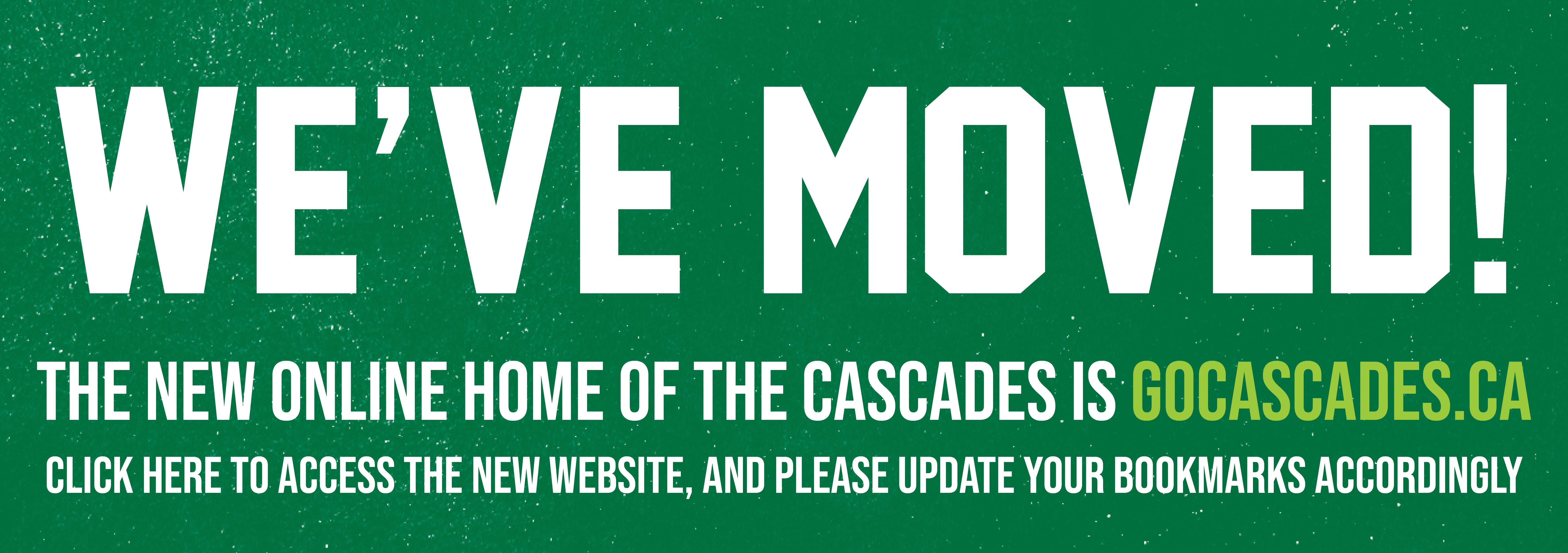
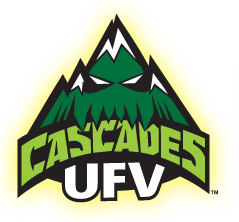

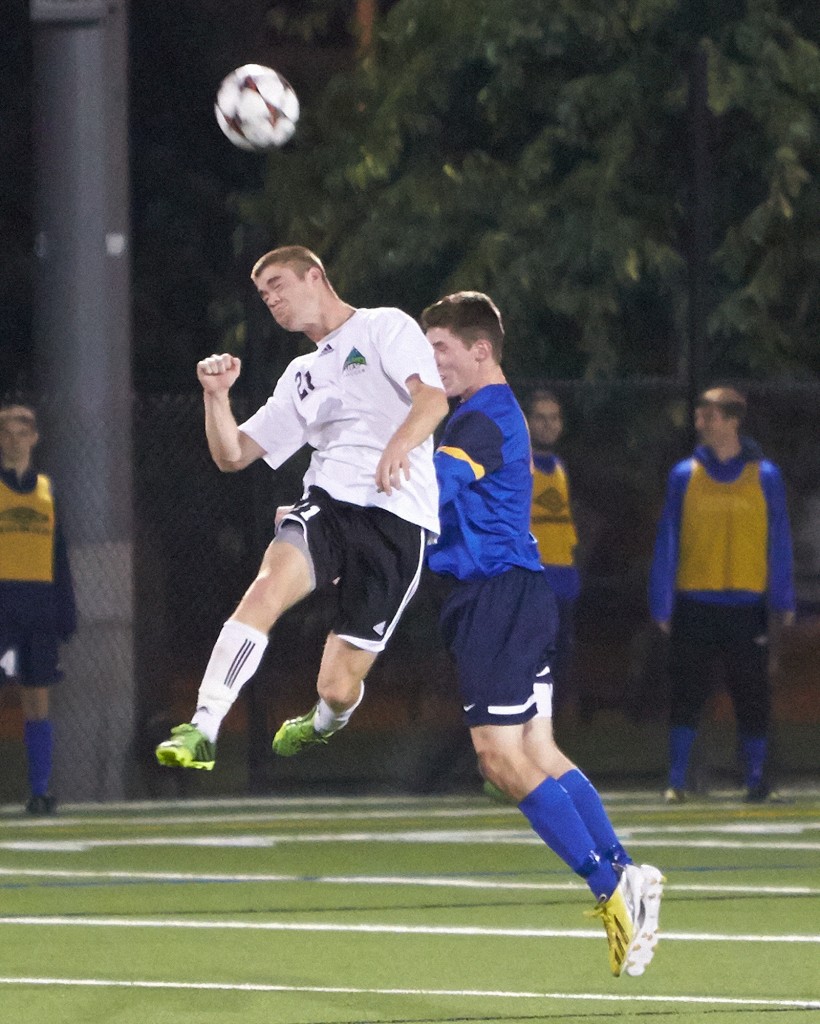
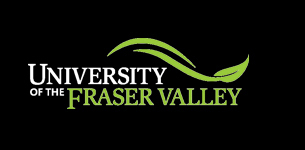
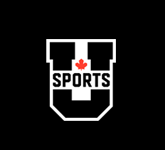
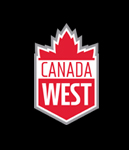
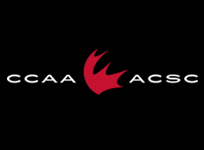
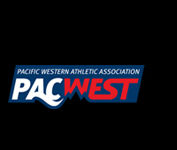
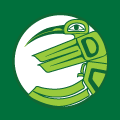
Fantastic interview, fantastic role model and fantastic person. Keep up the good work James! We are all behind you cheering.
Ellen